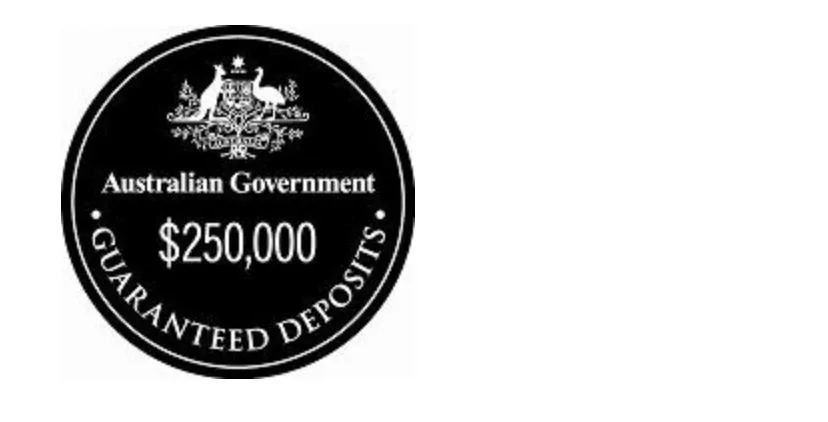
How safe is your cash? – Take this 5-minute check
Cash is king in the eyes of many retirees but how safe is your cash? The feedback from many financial experts emphasises the importance of holding a minimum amount of cash in case you need some funds for emergencies. The amount of ‘rainy day’ cash it is recommended that you hold varies (according to the adviser) from 5% of annual income to 20%. This is therefore something that you should check with a professional adviser if you are unsure about your own specific needs.
The potential need for emergency money means most retirees are invested in cash – and many are heavily invested. One of the reasons for this is nervousness about the general economic climate, although with inflation now tipped to be 7.8% year on year, cash earning 3-5% is certainly being eroded. Again, it’s important to seek advice if you are unsure of the long-term effects of high allocations of cash in your asset mix.
But if your view is that cash is a necessary and secure investment, it’s worth understanding how secure it really is. Today we walk you through the fundamentals of deposit guarantees and point you to a site where you can check if your bank or building society has the ultimate tick of approval.
What are Authorised Deposit-taking Institutions?
Also referred to as ADIs, these financial institutions (banks, building societies and credit unions) have met the rigorous requirements necessary to gain a licence from the Australian Prudential Regulatory Authority (APRA) in order to run a banking business and to accept deposits from customers. If your bank is an ADI, then it is covered by the Financial Claims Scheme (FCS).
How does the Financial Claims Scheme work?
This is an Australian Government scheme, in place since 2008, which protects the customers who deposit with banks, building societies or credit unions which hold an ADI. It is assumed unlikely such an approved institution would fail, but should this occur, the customer has a government guarantee which covers up to $250,000 per account holder, per ADI. These institutions must be incorporated in Australia. Should a deposit-taker fail, this claims scheme must be activated by the Australian Government. Once activated, it is administered by APRA. The stated aim is that APRA would return funds (up to the limit) within seven calendar days. As this $250,000 is a limit per ADI, if you have more than one account with a bank and its subsidiaries (even if trading under a different name), the amount for which you are guaranteed is the sum of all these accounts.

How to check if your bank deposits are guaranteed
The Australian Government has recently made available to ADIs a seal (above) which confirms the money you have deposited is covered by the Financial Claims Scheme.
But additionally, there is a register of all Authorised Deposit-taking Institutions on the APRA website. We have shared this link here so you can visit the list and put your mind at rest that your money is indeed guaranteed should the institution fail.
Many people put money in cash because they are very risk averse but in a high inflation environment their money is losing some of its purchasing power, that is, it is worth less over time. If you are invested heavily in cash you may wish to rethink your strategy, perhaps in consultation with an adviser who can work with you to review your overall situation and talk through the pros and cons of varying asset allocations. It can all start with assessing your tolerance for risk.






Hi, thanks for this information. Just the 4 major banks have over 1 trillion dollars on deposit, how would the government be able to pay this back when they themselves are a trillion dollars in debt already.
Also the government passed into law about 4 years ago that the banks if they defaulted are able to use depositors savings to “bail “ themselves out.
Have you checked the “fine” print details of how much each bank would be covered for.
You are 100% correct.
I have checked this out – in extreme circumstances the ‘fine print’ most certainly allows The Banks to claim a portion of the depositor’s funds – it’s known as “Bail-in.” When you deposit your cash to a Bank, you are doing so with the Bank giving you an agreed rate of interest, but you are also agreeing that the Bank use your funds as they see fit – which includes “bail-In” of your deposit funds when Banks are on the ropes – for balance, I must say this is rare indeed to happen – but as reported earlier: It is in the fine print.
How save is my money in my super fund? ( onepath )
Hi I lost a substantial amount of money to a scam , my fault , says bank which I do agree to a certain extent, bank reimbursed 25pc as a goodwill gesture, still a big loss in initial amount stolen .I was just wondering do Banks insure customers for this type of occurrence happening.
Hi Chris, thank you for sharing your experience! Generally speaking no banks do not offer this kind of protection however it doesn’t hurt to investigate and call them to understand your options.
gold bullion
gold coins
as alternative cash reserves to banks for an age pensioner, how is this deemed as assets and investment
Hi Trevor, Gold is assessable as an asset based on the sale value. As gold does not generate any income there is no deeming applied.